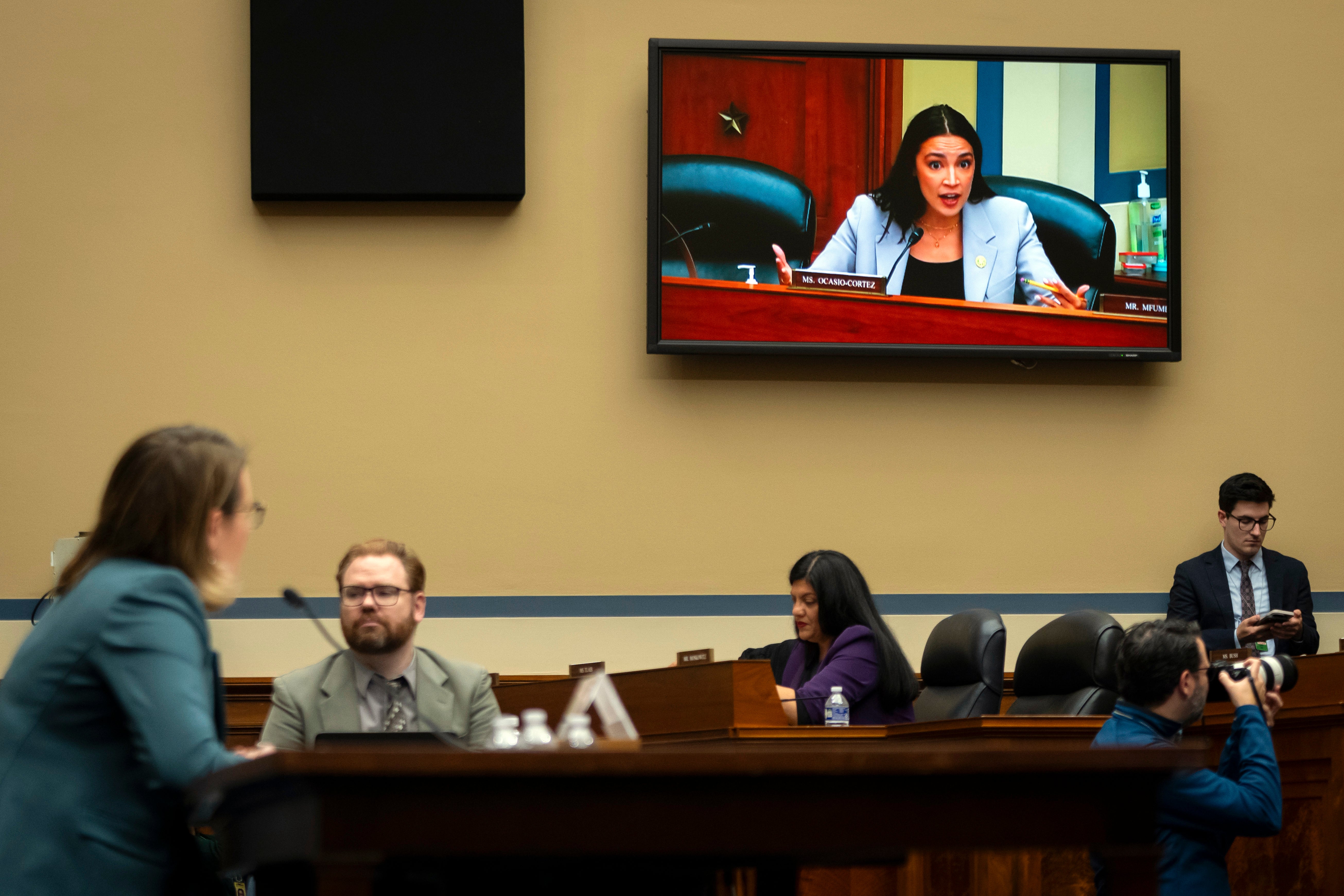FEMA head sounds the alarm over disaster funding after double hurricanes
The head of the Federal Emergency Management Agency says money available to help communities hit by disasters has shrunk after back-to-back hurricanes Helene and Milton

The money available to help communities hit by disasters has shrunk after back-to-back hurricanes Helene and Milton, and the funding problems might jeopardize the government's ability to respond to new emergencies in the future, the Federal Emergency Management Agency chief said Wednesday.
Deanne Criswell warned during a Senate hearing with other agency heads that FEMA's disaster relief fund — the country’s emergency checkbook — is down to less than $5 billion.
The Biden administration has asked Congress for nearly $100 billion for disaster aid. The largest chunk of that money, about $40 billion, would go to FEMA's disaster relief fund.
The agency draws on that fund to pay for things like debris removal, helping communities rebuild public infrastructure and giving money to disaster survivors for costs including renting hotel rooms if their homes are uninhabitable.
The rest of the money would be split across other federal agencies:
— $24 billion for farmers who have experienced crop or livestock losses.
—$12 billion for the Department of Housing and Urban Development’s block grant programs to help communities recover.
— $8 billion for rebuilding and repairing highways and bridges.
— $4 billion for long-term water system upgrades to mitigate future damage from natural disasters.
FEMA got $20.2 billion as part of a temporary government funding bill passed by Congress in September. But a little less than half of that money went toward recovery from disasters that have already happened.
Criswell says the agency has over 100 disasters on its books that it is still paying out money for to help with recovery efforts.
She says FEMA has paid nearly $8 billion in federal assistance in response to hurricanes Helene and Milton and that as of Wednesday, its disaster relief fund has less than $5 billion left.
“These needs have rapidly exhausted our available funds, and without a supplemental, our ability to respond to new disasters could be jeopardized,” Criswell said.
FEMA is assessing whether to go into immediate needs funding, she said. That’s when the agency pulls back money from long-term projects that address past disasters to ensure there is enough money to pay for life-saving, immediate needs for upcoming disasters.
“It is very clear that the stakes are high as our communities face more frequent and devastating disasters, they increasingly rely on FEMA and our federal partners," Criswell said.
The committee also heard from two senators from Georgia and North Carolina, states that were particularly hard hit by Helene and Milton.
Sen. Jon Ossoff, a Georgia Democrat, detailed the damage that the storms had wrought on the state's farmers and ranchers. Sen. Thom Tillis, a North Carolina Republican, spoke passionately about the struggles that the western part of his state is still facing to recover from Helene.
___
Bookmark popover
Removed from bookmarks